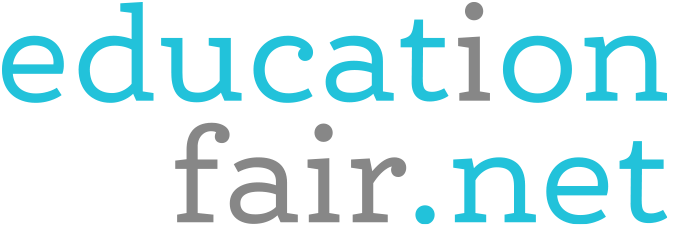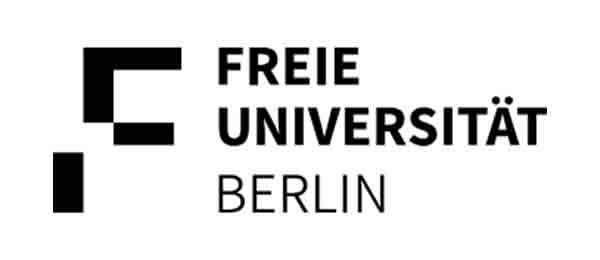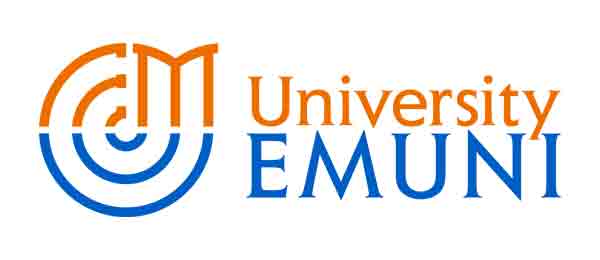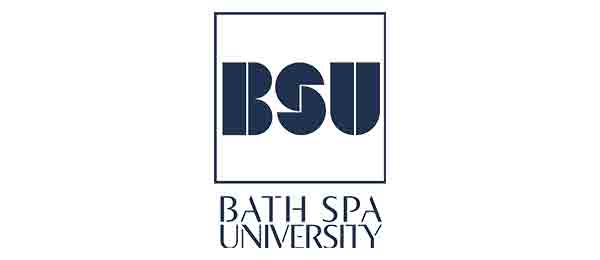Why Join Our Education Fairs in Tunisia?
Our education fairs in Tunisia connect universities with students seeking pathway programs, bachelor’s, master’s, MBA, and LLM degrees. You will meet motivated students and expand your reach in this promising North African market. Tunisia is a growing hub for international student recruitment, with thousands of students studying abroad each year. Top destinations include France, Germany, Canada, and the U.S., with strong demand for engineering, business, and medical programs. Scholarships from Fulbright, Erasmus Mundus, Chevening, and the ALT Scholarship Program help Tunisian students access global education. Join our fairs and engage with Tunisia’s next generation of international students!
Upcoming Student Recruitment Fairs in Tunisia – 2026 Schedule
Participants of our Education Fairs in Tunisia
Be part of a growing group of colleges and universities that have discovered our exclusive student recruitment fairs in Tunisia. Some of our recent participants include:
Why Recruit Students in Tunisia?
Tunisia is emerging as one of North Africa’s most promising markets for international student recruitment, and the numbers tell a compelling story. The country now sends more than 26,000 students abroad annually, making it one of the region’s largest outbound markets. With around 21% of Tunisia’s 13-million population aged 10-24, you’re looking at a young, ambitious demographic that increasingly views international education as their pathway to global careers and advanced credentials.
A Market in Rapid Growth
The surge in student mobility from Tunisia is particularly strong at the bachelor’s and master’s levels. You’ll find ambitious high school graduates and young professionals actively seeking stronger international credentials, especially in high-demand fields like business, engineering, health sciences, and computer science. These students aren’t just looking for any degree, they want programs that will give them a competitive edge in the global job market.
Expanding Beyond Traditional Destinations
While France and Germany remain popular choices due to language familiarity and established academic ties, Tunisian students are increasingly exploring new horizons. Canada and the United States are gaining traction, along with emerging educational hubs like Italy, Hungary, Malta, and Turkey. What’s driving this expansion? Students are attracted by scholarship opportunities, streamlined visa processes, and programs that offer clear employment pathways after graduation.
The Power of Personal Connection
Here’s what makes Tunisia unique: despite our digital world, Tunisian students and families place enormous value on face-to-face interaction when choosing international institutions. While online research helps them get started, the real decisions happen during in-person encounters at education fairs, school visits, and counselor meetings. This is where trust develops and clarity emerges about what your institution can offer.
Key Opportunities Through Education Fairs in Tunisia
Tunisia offers several high-impact recruitment opportunities, particularly through major education fairs. Our International Education Fairs in Tunisia and Morocco connects institutions with over 100,000 students, parents, and counselors annually. These events generate strong interest in both undergraduate and graduate programs.
You’ll find valuable opportunities at our Education Fair in Tunis, which typically features workshops, visa guidance, and direct student-institution interaction. The institutions that show up to this event are perceived as more committed and reliable, which significantly boosts their ability to convert inquiries into actual applications.
Schools and universities can maximize their reach by taking a multi-channel approach, joining both our in-person events and our online education fairs in Tunisia. These digital fairs also cover other Northern African countries, allowing you to connect with prospective students across the broader region while maintaining the personal engagement that Tunisian families value.
Building Strategic Relationships
Success in Tunisia goes beyond individual student interactions. Relationships with high school counselors, particularly in bilingual and private schools, are crucial since Tunisian students frequently rely on these trusted advisors when making study abroad decisions. Targeted school visits and counselor workshops can dramatically expand your reach and credibility.
There’s also growing regional collaboration through programs like Tunisia’s Ibn Khaldun exchanges with Morocco and partnerships through Erasmus+ across North Africa and Europe. These initiatives are boosting cross-border mobility and academic visibility, creating networking opportunities that can elevate your institution’s profile among influential decision-makers.
What Tunisian Students Value Most
Tunisian families are increasingly strategic about funding education, and students are motivated by clear economic opportunities. Many are highly educated women and young professionals looking abroad for employment and growth prospects. The institutions that stand out are those that emphasize post-degree outcomes, internship opportunities, and clear career pathways. If you can highlight scholarship options or financial support alongside strong employability outcomes, you’ll capture their attention.
Your Strategy for Success
To effectively connect with Tunisia’s growing pool of bachelor’s and master’s candidates, focus on building a comprehensive approach that includes consistent presence at education fairs in Tunisia, particularly in Tunis and during regional North Africa tours. Invest in counselor outreach and school partnerships in major cities like Tunis, Sfax, Sousse, and Bizerte.
Your messaging should clearly communicate employability outcomes, scholarship opportunities, and post-study pathways. Consider a hybrid approach that combines the essential in-person engagement at fairs with online webinars and digital follow-ups to maintain momentum.
The Tunisian market is positioned for sustained growth, and the institutions that invest in relationship-based, face-to-face engagement while reinforcing it through strategic digital touchpoints will gain the trust, visibility, and access to high-quality student leads that drive long-term recruitment success.






